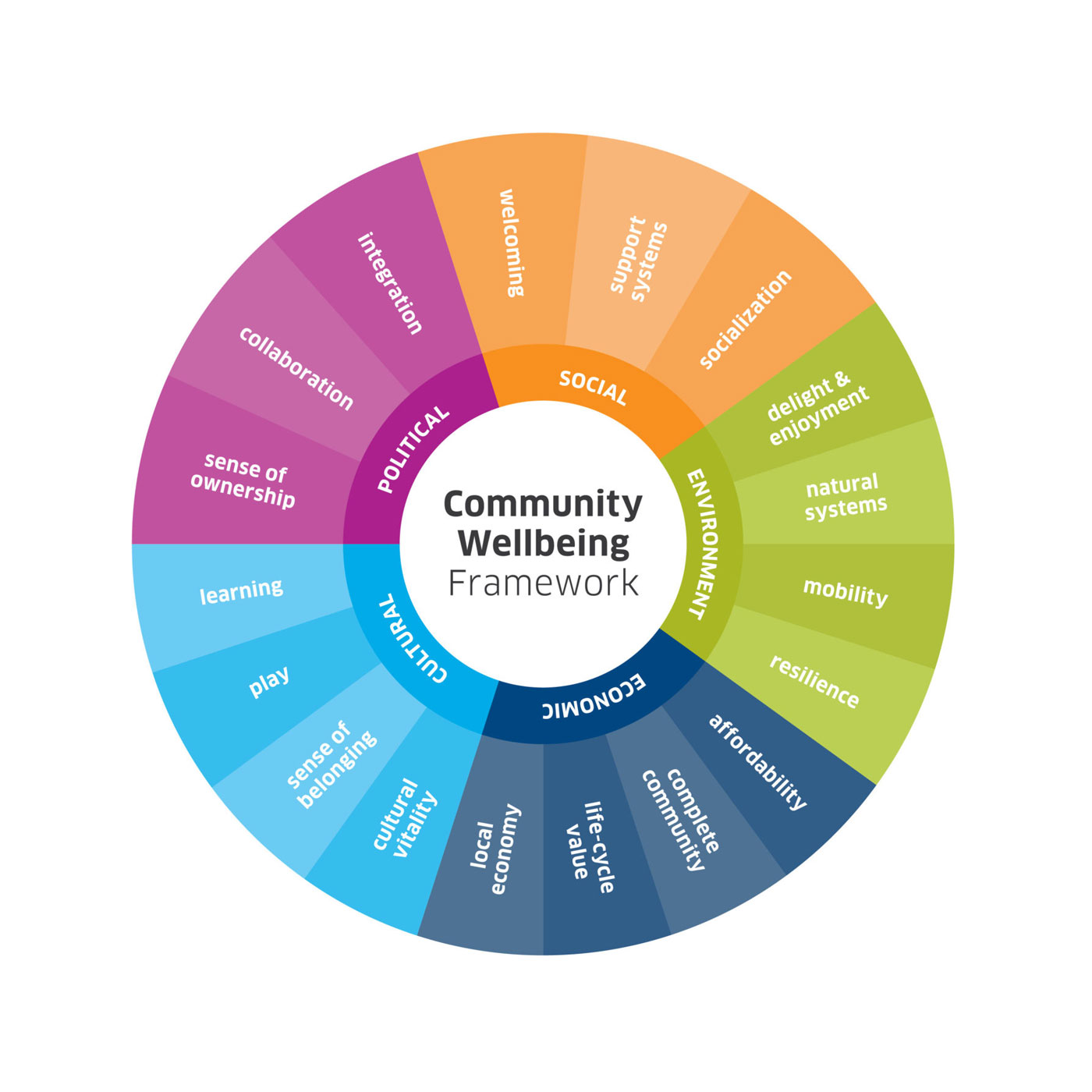DIALOG is proud to be included as a partner in the 2030 Commonwealth Games hosting proposal, submitted to the Ontario and Canadian governments by Hamilton100 and Commonwealth Sport Canada.
Hamilton 100, the community led organization seeking to return the Commonwealth Games to Canada for their centenary, has now submitted a comprehensive and innovative hosting proposal to the provincial and federal governments inviting the commencement of a multi-party agreement negotiation aimed at finalizing a Canadian bid to host the 2030 Commonwealth Games.
The proposal represents the culmination of over two years of stakeholder consultation with a large number of regional municipalities, senior levels of government, the private sector, educational institutions and Indigenous Nations to optimize the impact and legacy for the 2030 Commonwealth Games. The defining vision for the proposal was built around passionately engaging these groups while reflecting the Commonwealth Games Federation’s mission of helping build peaceful, sustainable and prosperous communities through sport. And critically, doing so by pursuing broad based societal impact through transformational partnerships.
The Community Wellbeing Framework
The proposed impact and legacy objectives within the proposal have been categorized as either ‘primary’ or ‘secondary.’ Primary areas of impact and legacy include sport programming and infrastructure as well as pursuing critical economic benefits, particularly in the areas of tourism, trade and attainable housing. The secondary focus is on identifying and resourcing initiatives that address community needs in the areas of social, cultural and environmental wellbeing. In addition, this includes the adoption and further development of rigorous measurement methodologies and approaches that will permit more efficient, economical and targeted investments in private and public sector infrastructure and initiatives (particularly as it relates to multi-sport games), along with transparent and credible measures of accountability. Enter the Community Wellbeing Framework.
The Community Wellbeing Framework is an evidenced-based methodology to design for community wellbeing. The Framework is the result of a two-year collaborative research initiative between The Conference Board of Canada and DIALOG to study the relationship between the built environment and the wellbeing of people. Research findings for the Framework were informed by literature review, case study applications, consultation with health and design professionals across North America, and peer reviewed by researchers at Cornell University, Université Laval, and the Public Health Agency of Canada.
The Framework was designed to be an open-ended and self-determined guide for built environment design professionals. It provides easy-to-use approaches to examine design features that contribute to community wellbeing and facilitates decision-making among owners and users of place (the community) to enable the place (the project) to contribute, and continue to contribute throughout its life, to the wellbeing of the community. The hosting proposal recommends this methodology to host more meaningful conversations with government, Indigenous Peoples and other stakeholders in the further development of a compelling international bid.
Beyond creating a structure for public engagement, the Community Wellbeing Framework supports the proposal’s resolve to create transparent and credible measures of accountability including a set of evidence-based indicators and metrics that can serve to guide the planning and design process of a Games bid. Further, it builds upon and is consistent with the United Nations’ Sustainable Development Goals to which this effort is committed.
1200 King Road – A Transformational Opportunity
DIALOG has been engaged to develop a master plan for 1200 King Road in Burlington, Ontario. This marks an exciting opportunity to transform the immediate and broader community through social and economic invigoration. Alinea, the owner of 1200 King Road, has bold and thoughtful visions for how their business and development approach can meaningfully impact a community’s health, prosperity, and resiliency.
This visionary transformation is also part of a broader goal in support of the 2030 Hamilton Commonwealth Games Bid. King Road is intended to act as a catalyst community-building project, and a potential site to host Games events and venues. It represents an opportunity to enact immediate impact and act as a key pillar in the Game’s transformative Bid model. This partnership between Alinea and Hamilton2030 will allow King Road to benefit from the vast resources and opportunities offered by the Bid process.
Lead image: 1200 King Road, Burlington, ON


